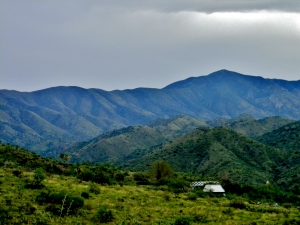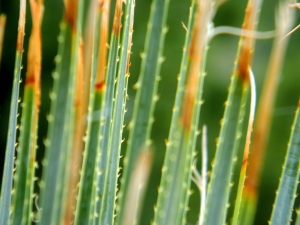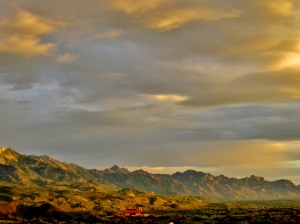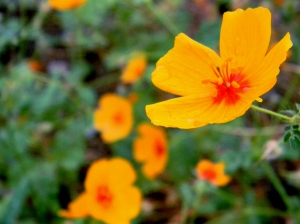The other day one of my friends was really surprised to see my pictures on Facebook, since he didn’t really know that I was into creative photography. He asked me about what made me get interested in this type of photography. And then I thought about it for a while, and I knew the answer was not that simple. I started giving it a little more thought, how in the world did I decide to start taking pictures? I knew I had been doing it for fun, because it gave me pleasure and it made me happy, but there had to be a better reason to explain how I got into photography.
In the summer of 2010, I graduated from college with a science degree. What was supposed to happen next? A job, graduate school, medical school, get married and have a family? Well, none of these things followed after graduation. Not a single one. I became part of the statistics, an addition to the unemployment list of this country. As someone who has always planned out every single detail and who was always in control of the situation, at that point, I had no idea what I wanted to do with my life. Not a clue. Wow, that was a bold statement that I never thought I would share publicly.
A little before my college graduation, my grandmother, my best friend, my confidant, my role model, passed away. Her passing will always have a major significance in my life, not only because of what she represented in my life, but also because of when she passed away. She left me right before my college graduation, on the day of my birthday. How was I supposed to take that? Why on earth did she have to die on my birthday? Needless to say, this carried over with my inability to move forward in life. I didn’t know how to get out of the bottomless pit. Now that almost three years have passed, I can look back at it with more clarity, and understand that this is a sign that she never left me, and will be forever with me.
I was given a fancy point-and-shoot camera as a graduation present, and since I had nothing better to do with my time then, I started shooting some pictures and learned how to use editing programs. I eventually found a job, but I kept going back to taking pictures and trying to learn more and improve my skills.
Things did get better. In fact, thanks to all of my not-so-pleasant experiences, I’m a now a firm believer that things always get better. I slowly started redefining my goals in life and somehow I patiently climbed out of my rabbit hole. I applied and got accepted to graduate school, something that I had not completely envisioned before. I was very excited to start, yet I was still the naive, inexperienced girl in many aspects of life. I still had a long way to go, and way too many things to learn.
And then my graduate school journey began. To make the story short, graduate school was not at all what my naive self was expecting, and that took a tremendous toll on my physical and emotional health. Without going too much into details, I saw myself in front of a huge mountain that I thought I could never climb, but instead, a mountain that would fall on me like an avalanche, and get the best of me. I was back again in that endless pit. But this time I really did think it was the end. I felt like I had hit rock bottom in every single aspect of my life, and I could not even see the dimmest ray of light at the end of the tunnel.
The living room in my apartment faces west, so when I get home in the early evening, I can see the beautiful sunshine before the sun goes down. That magnificent light inspired me one afternoon to snap some pictures, after a really long time of not even looking at my camera. And once again, I found myself gradually crawling out of my desperation. This time I needed a little more than just my own pep talks, but thankfully I reached out for help in time
Where am I going with this long blurb about my life? I would like to let you know, yes, you, who is reading this post that there is always light, but you have to look for it. My photography has helped me to heal a lot of aspects in my life that were broken, and I now find myself often looking for the best angle of things. This mindset forces me to always look at the pretty side of things, my eyes are frequently in search of the best lighting, the best angles, and the prettiest sights. This reflects in my personal life, and I try to do the same when the weather is looking kind of cloudy.
Folks, art can heal broken hearts. Art is therapeutic. It forces you to take your deepest emotions and transform them into the most beautiful forms of art. I encourage you to look at your life as a masterpiece in progress. Write a song or a poem when you are sad, sing your heart out when things are not going well, paint a beautiful work of art from what is hurting you deep inside. Take the ugly, painful and unpleasant things,and transform your feelings into art. Be an artist.

 You’ve been plugging away at your PhD for a while now, maybe a year, perhaps a couple of years. But you don’t seem to be making that…
You’ve been plugging away at your PhD for a while now, maybe a year, perhaps a couple of years. But you don’t seem to be making that…








